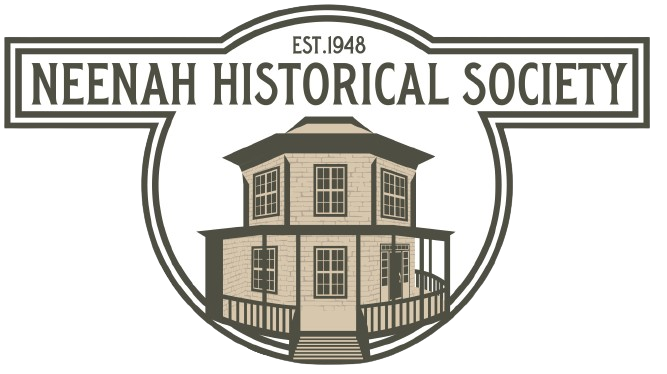History and Mission
Helen Cogger and Marian Wauda of the Neenah Historical Society on November 1, 1988.
It all started when…
Neenah Historical Society was formed at the home of Helen Kimberly Stuart, 406 E Wisconsin Ave., Neenah, in 1948. The purpose of the society was to collect all obtainable information about the history of the City of Neenah; and to compile and preserve it in some suitable and permanent form. The work of the Neenah Historical Society continues today under the direction of Erica Suchyta, Executive Director and the Board of Directors.
Mission Statement
The mission of the Neenah Historical Society is to collect, preserve and share the history and stories of our community.

